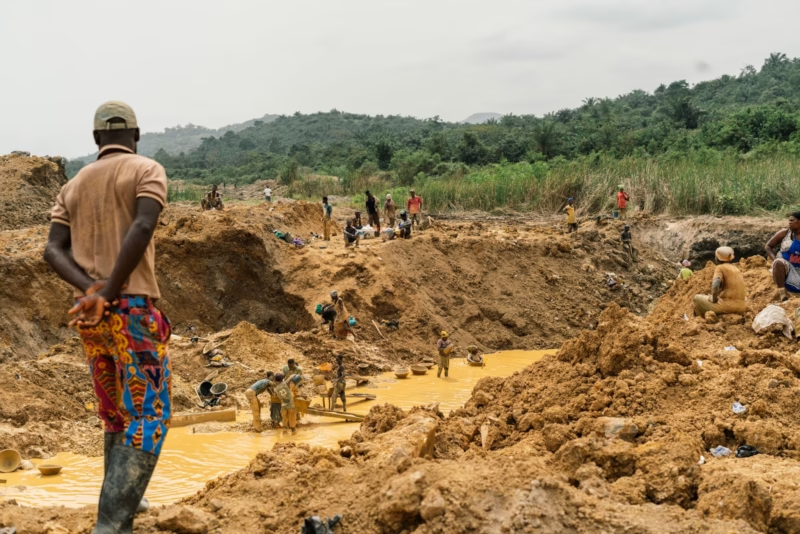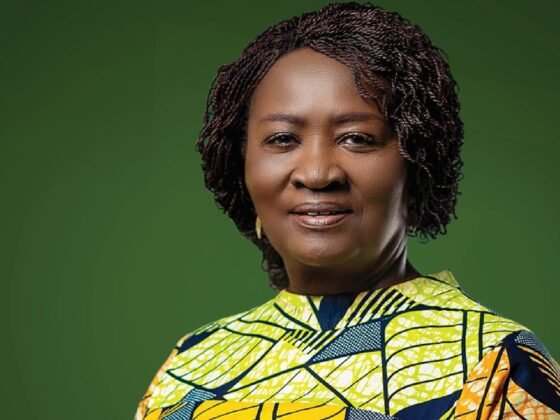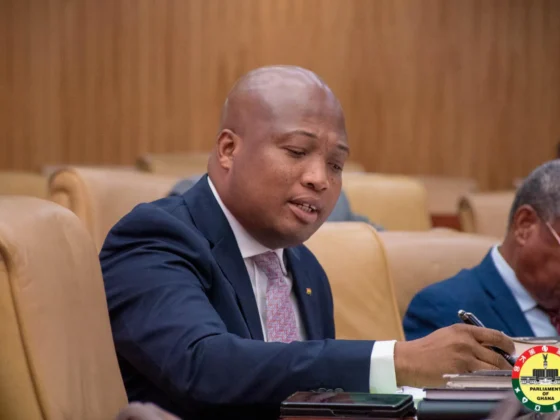Over the years, I have become very disinterested in Ghanaian politics as it perpetuates this very reality of not caring for its citizens at all, especially as we have seen with this current government. Not to claim them the only villains, especially when there’s a track record of this trend within the governance experienced by Ghanaians.
This would be the 4th time I would read the book “Why Nations Fail,” and this time around, very intentionally because I seek to understand why the trend is so. The book makes one thing clear: the success or failure of nations isn’t because of geography or culture—it’s all about the systems we build. And when those systems work, are inclusive and give everyone a fair shot; there’s a likelihood of a better nation. However, when these systems fail to function effectively, they tend to exploit the majority in order to enrich a small minority.
This idea of *inclusive institutions* hits home for me. It’s not just some academic concept. It’s about creating spaces where people—regardless of where they come from, what they look like, or their gender—can thrive. That’s something we should all be passionate about. The belief in the power of inclusion, in building systems that uplift everyone, not just those with access to power or wealth. An inclusive Ghanaian system will fuel progress, growth, and equality.
Then, there are extractive institutions. These are the ones that, by design, take from the many to benefit a select few. It’s the same systems that allow people to amass wealth and power at the expense of others. That frustrates me because you can see how this has played out in real life in “our” Ghana. Whether it’s inequality in access to basic needs or the way voices are silenced, extractive systems keep people trapped. And the effects of these systems are felt everywhere, all over the country. Ghanaians are tired!
My hands tremble as I go closer to home, The *galamsey* issue in Ghana. Illegal mining isn’t just an environmental disaster—it’s a human one. The land of the people is being destroyed by the people with the higher ups because they’re desperate. The systems in place aren’t working for them. Instead of inclusive policies that provide economic opportunities, we’re left with extractive practices that hurt everyone in the long run. The water is polluted, forests are gone, and livelihoods are destroyed. It’s a perfect example of what happens when systems fail, and it’s heartbreaking because it doesn’t have to be this way. This is in no way to absolve the participants in this practice, but a hungry dog will always bark until it’s fed and, in this case, it’s whatever.
Reading *Why Nations Fail* makes us reflect on leadership and legacy. Real change doesn’t come from quick fixes or temporary solutions. It comes from creating systems that last, ones that allow people to rise and to thrive. This is the kind of impact we should desire to have—whether it’s through advocacy, policy, or simply how we individually choose to engage with the world. Leadership isn’t just about holding power; it’s about making sure that the systems you leave behind are fair and just, giving others the chance to succeed.
This piece seeks not to ridicule our leaders; there’s enough people doing that already. This is to us who still have the chance to change the narrative. It’s not just about the Ghana we see now; it’s about her people, the lives we lead, and the systems that either support or stifle us. It’s about how we can build a future where inclusion isn’t a luxury but a norm. And it’s a reminder that we all have a role to play in making that future a reality. I hope we are all able to evoke some hope in ourselves to make a better system soon. Even I, a novice knows this much.










